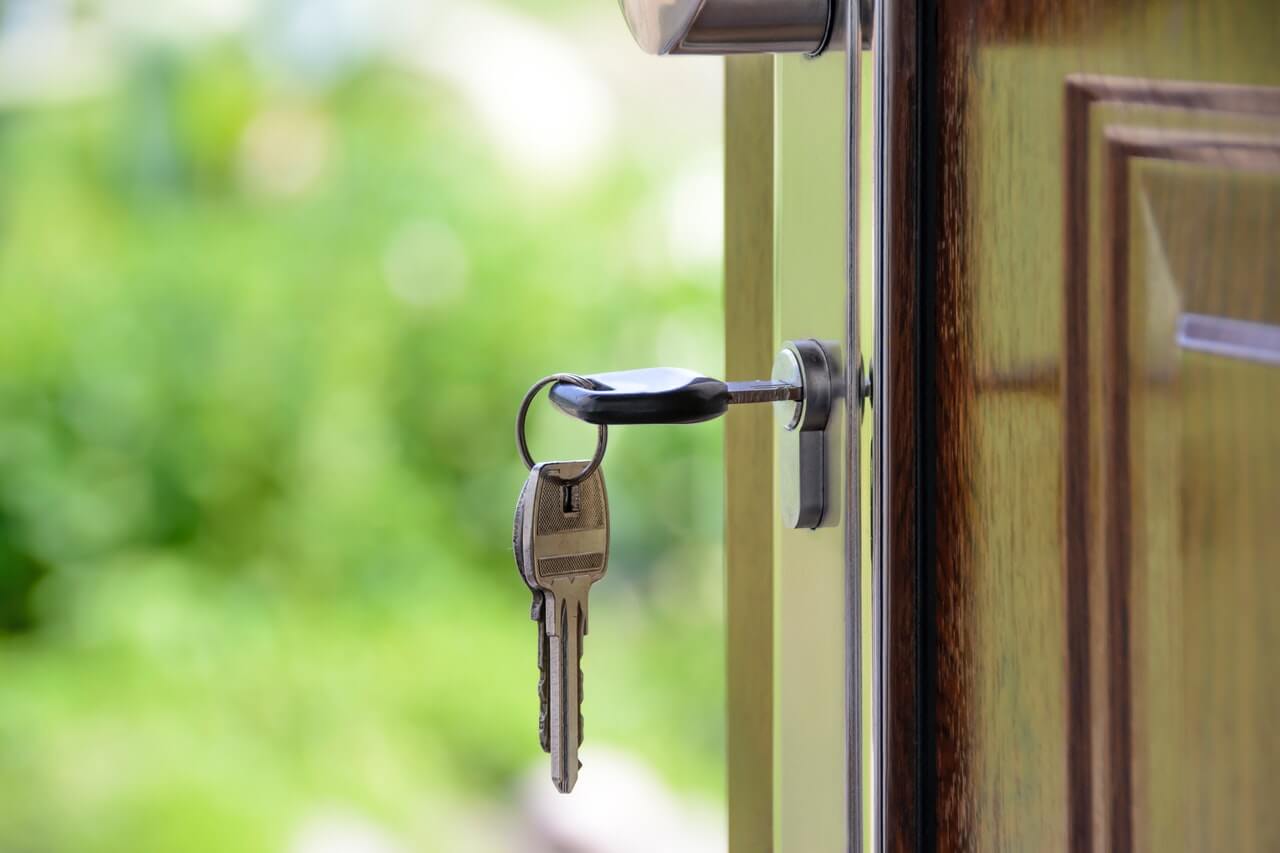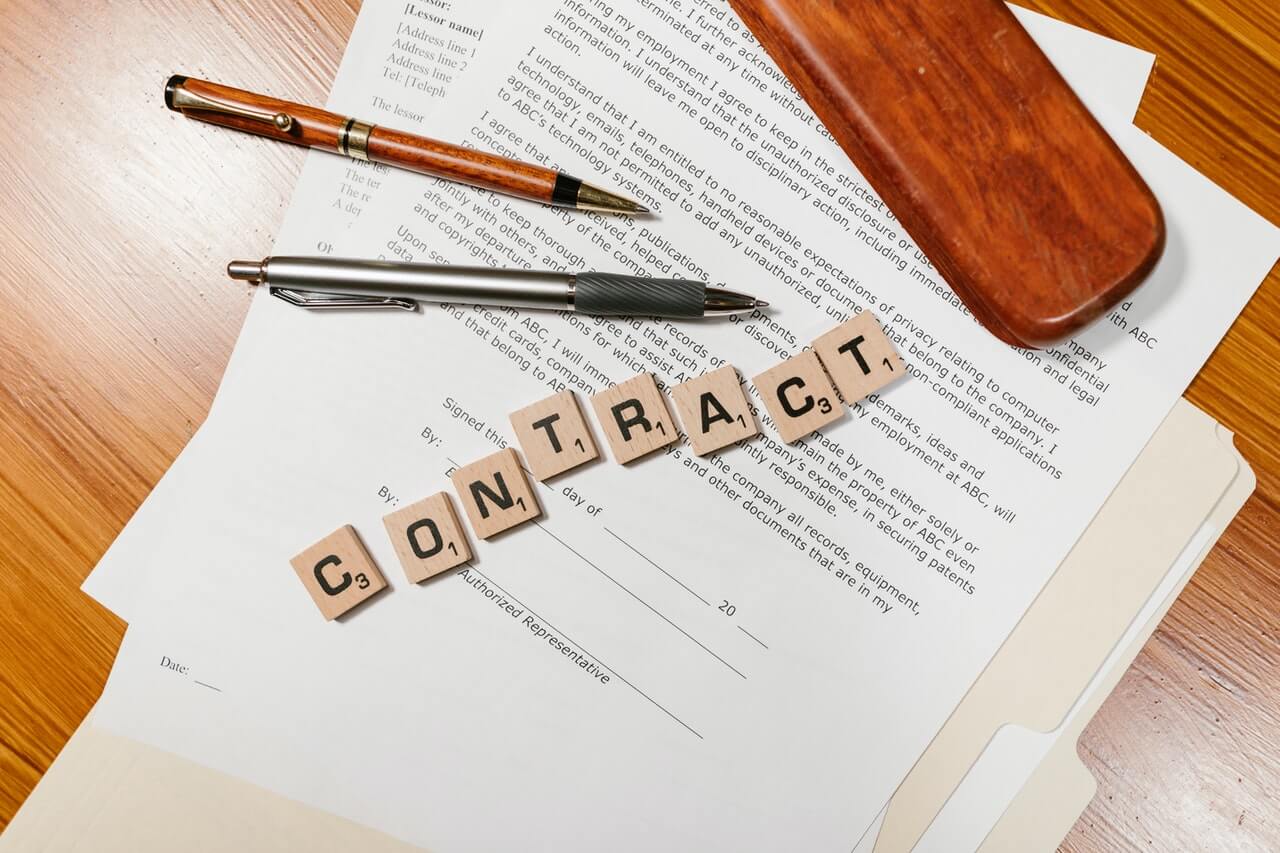Landlords are a necessary part of renting. Unfortunately, a property that is otherwise perfect might come with a terrible landlord. In the ideal situation, your landlord will be someone you get along well with. But what happens when your landlord is difficult to work with? Fortunately, you can take steps to deal with this. To this end, we have put together a list of ways to deal with a difficult landlord to help you out.
Check your lease agreement
First things first: look over your lease agreement again. Is the issue you are concerned with covered in the lease? Then you know how to proceed. Of course, this could also work against you, if your landlord’s behavior is covered by the lease.
Because of this, before you sign a lease agreement, it is very important to properly read through it. On the flip side, if your landlord’s behavior is directly contradicting the lease, you have a legal way to make them stop. Alternatively, if you can’t landlord’s willing to give you a good lease agreement, it might be time to start considering if you want to continue renting an apartment vs buying a house.
Look through your lease agreement before doing anything else, to make sure there isn’t an easy solution to your problem.
Research rental laws
The first step you should take is informing yourself on how you can, legally, deal with a difficult landlord. This will depend on what your exact complaint is. As such, you will want to go to the Residential Tenancy Branch website and learn about your rights as a tenant.
There are laws to help you against unreasonable landlords. For example, there is an established law about how much money they can as for a security deposit. There are also laws to protect your privacy, maintenance requests, and anti-discrimination.
Related Resource: How Did COVID Change Landlord-Tenant Laws
Pick your fights
A tenant is required to ask their landlord about any repairs, from minor to major, before they take action. But, what if your landlord is unresponsive? Well, chances are, if they are already uninterested then asking for every minor repair to be handled will make them more uninterested.
So, in this situation, you should only choose high-priority issues to fight over. Legally, a landlord is required to keep their property in livable condition, however, this might mean something different to you than your landlord. So if you have to choose what needs to be fixed, then prioritize fighting over the bigger problems. Alternatively, it might be better to avoid these issues entirely and start hunting for a new apartment.
If your landlord is generally unresponsive, try to only argue about important issues when you can.
Speak with the other tenants
Speaking with the other tenants about your issues is generally a great idea. After all, a group of tenants can more easily deal with a difficult landlord. So, ask around. Are the rest of the tenants experiencing the same issues? Check if there’s a tenant’s association, and file a complaint through them as a group. Generally speaking, groups have more success getting results than individuals filing complaints.
Be prepared to leave
Unfortunately, in some cases, it might not be possible to deal with a difficult landlord. Or, dealing with them might not be worth it. In cases like this, you should be ready to move out on short notice. Of course, moving out on short notice isn’t something that’s easy to do, and it shouldn’t be done without a good reason. So, always go through every other option before deciding to do this. But, if this is the only solution, you should be prepared to leave your current apartment in a week or two.
Moving out is a solution that should only be considered when there are no other options.
Alt-tag: couple carrying moving boxes downstairs
Document everything thoroughly
If you have proof, then resolving your complaints tends to be much easier. Always make your requests in writing, and keep your landlord’s replies. Do this through email, letters, or texts. If your landlord then visits you in person, make a record of the date and things discussed. Keep copies of payment requests or any agreements whatsoever. If possible, take photo or video evidence with some sort of timestamp on it to help with proving your point.
Be respectful
No matter how difficult your landlord may be, do your best to stay respectful when interacting with them. After all, by being disrespectful, you are only giving them more reason to be unreasonable. Try to be calm in your communications, and try to work with your landlord. Maybe they will even decide to be nicer to you in the future. If this doesn’t help, it might be time to start planning a move. Experts from vanexpressnj.com note that you should always have your move planned in advance for situations like this.
Never miss your payments
An easy way to help you deal with a difficult landlord is to never miss your payments, and generally be a good tenant. Follow your lease thoroughly, make sure your payments are on time. Keep the apartment clean and don’t cause trouble for the other tenants. By doing this, you avoid giving your landlord anything to say against you when you file your complaint.
Look for additional help
If you’ve spoken to your landlord, sent a letter, and filed complaints, but nothing came out of it, then it’s time to search for additional solutions. When you have tried everything and you just can’t reach an agreement with your landlord, then you should consider filing an appeal at the Residential Tenancies Branch. The Residential Tenancies Branch (RTB for short) can mediate between you and your landlord in situations like these. An agreement reached through this is final, binding, and enforceable.
Afterword
Dealing with a difficult landlord isn’t easy. If they decide to be unreasonable, or unresponsive, there is almost nothing you can do to easily solve the issue. We hope you found this list of ways to deal with a difficult landlord helpful, and you luck in dealing with your issues.
Read Also:

























